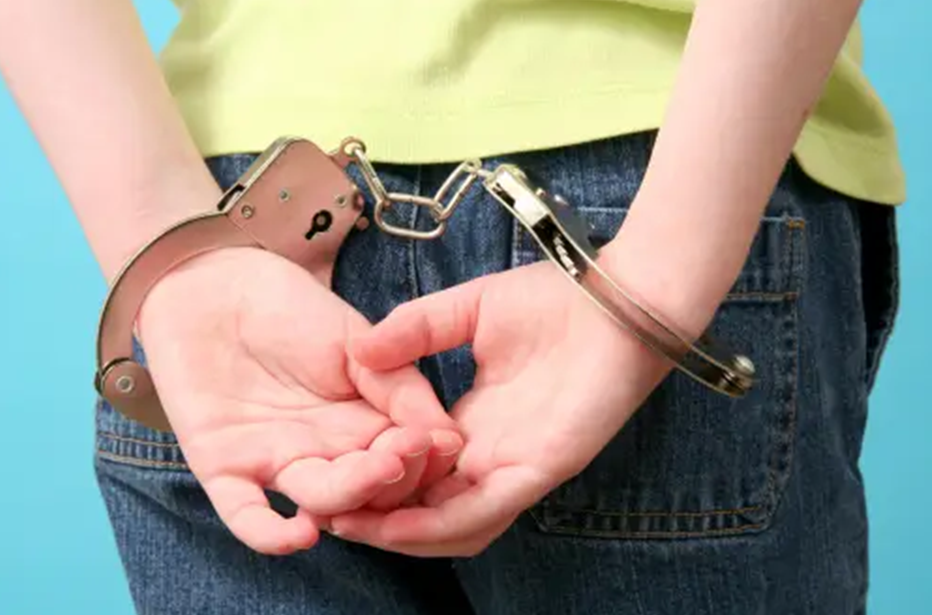Discovering that a child is involved in the legal system can be a complex and emotional experience for both the young individual and their family. Under the Juvenile Justices Act (Queensland), specific provisions govern the legal proceedings involving children, ensuring a balanced and considerate approach to their unique circumstances.
Presumptions and Age-Related Protections
In alignment with these principles, the law establishes that children under the age of 10 cannot be held criminally responsible. Beyond this age threshold, from 10 to 14 years old, there exists a rebuttable presumption of non-criminal responsibility. This means that for a child to be found guilty, the prosecution must not only prove the commission of an offense but also establish the child’s capacity to understand that their actions were wrong.
Legal Representation for Children
When a child faces legal proceedings, they are entitled to legal representation. Importantly, the child is the client, and their instructions take precedence over parental influence. Legal Aid is available for children charged with criminal matters. Notably, the assets of the child’s parents are generally not considered in the application process.
Youth Justice Services and Officers
The Youth Justice Act intricately details how the legal system engages with children. The Department of Children, Youth Justices, and Multicultural Affairs oversees Youth Justice service centres across Queensland. These centres bear the responsibility of implementing community-based orders and supervising children released under conditional release orders from detention centres. Queensland operates three youth detention centres, two in Wacol (Brisbane) and one in Cleveland (near Townsville), providing a total of 306 beds.
Role of Youth Justice Officers
Youth Justice oversee the activities of young offenders. Their focus extends to education, employment, health, and other facets integral to a child’s well-being. Whether supervising community-based orders or aiding those transitioning from detention centres, these officers play a vital role in supporting the rehabilitation and growth of the young individuals under their care.
Police Interaction and Support Persons
When a child encounters police involvement, an obligation to accompany them to a station only arises under arrest. The police can apprehend a child either in connection to an identified offense or for questioning about specific allegations.
To safeguard the child’s rights during police interactions, the presence of a support person is crucial, especially for statements related to complex offenses. This individual, often chosen by the child, acts as a buffer, ensuring a fair and equitable interaction that counteracts the inherent power imbalance between the child and the police.
Support persons can include parents, lawyers, agency-employed legal service providers, nominated adult relatives or friends, or a justice of the peace upon police request.
Understanding the intricacies of Queensland’s youth justice system is crucial when a child becomes entangled in legal proceedings. The framework prioritizes age-appropriate considerations, legal representation, and supportive measures to ensure a fair and just process for young individuals navigating the complexities of the legal system.
Our team specialise in criminal law. Our role is to sit down with you and work out the strategy that will get you the best possible result. If you have any questions about this article or any other topic of law, please call our team of experts on 1300 066 669.





